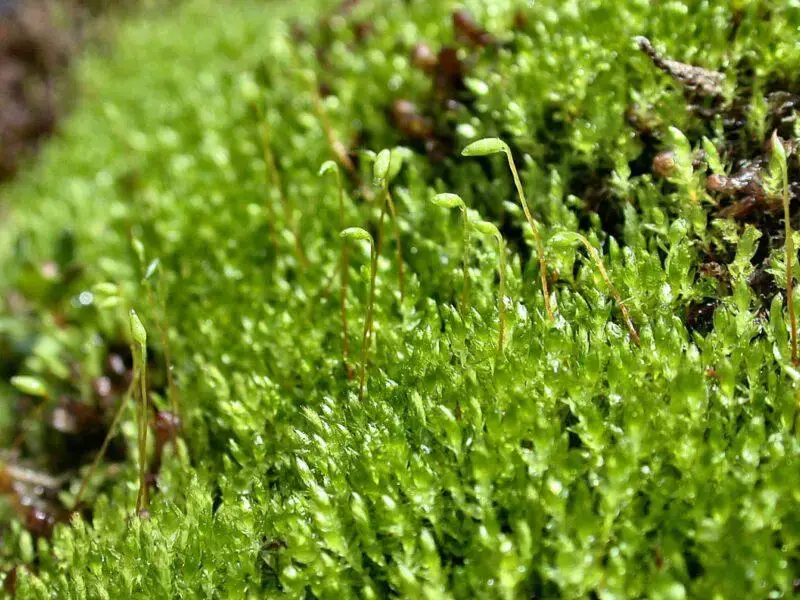
Pohlia-ludwigii-Ben-Alder-2004_v1-800×600.jpg from: https://www.britishbryologicalsociety.org.uk/learning/species-finder/pohlia-ludwigii/
Introduction
In the vast and captivating world of bryophytes, one tiny moss has captured the hearts of enthusiasts and naturalists alike – the Pohlia ludwigii (Spreng. ex Schwägr.) Broth. moss. This unassuming yet remarkable member of the Mniaceae family, commonly known as Pohlia, has a story to tell that intertwines with the intricate tapestry of our planet’s ecosystems.
Background
Before delving into the fascinating details of this moss, let’s set the stage with a brief background. Bryophytes, a group that includes mosses, liverworts, and hornworts, are among the oldest land plants on Earth. These resilient organisms have played a crucial role in the colonization of terrestrial environments, paving the way for more complex plant life to thrive.
Main Content
Morphology and Identification
Pohlia ludwigii is a small, acrocarpous moss that forms dense, green to yellowish-green tufts or cushions. Its slender stems, typically reaching heights of 1-3 cm, are adorned with delicate, lance-shaped leaves that curl inward when dry. One of the distinguishing features of this moss is its double peristome, a set of tooth-like structures surrounding the capsule’s mouth, which aids in spore dispersal.
Global Distribution and Habitat
This resilient moss has a widespread distribution, found across various regions of the Northern Hemisphere, including Europe, Asia, and North America. It thrives in a diverse range of habitats, from moist and shaded areas like stream banks, ditches, and woodland floors to disturbed sites such as roadside banks and old quarries.
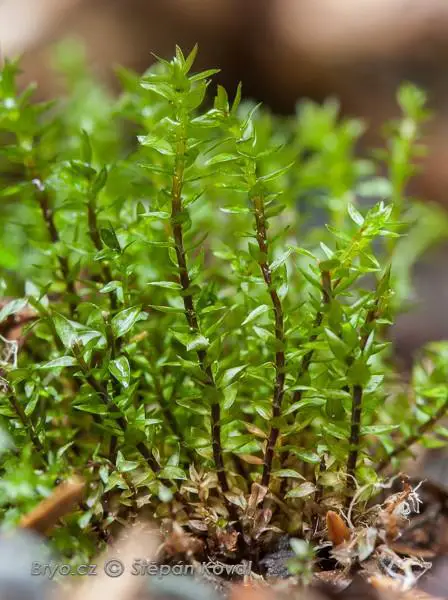
4298_Pohlia_ludwigii_2009_07_23_img_9217.jpg from: https://www.bryo.cz/index.php?p=mechorosty_foto&site=default&gallery=pohlia_ludwigii&id=4298
Ecological Roles and Adaptations
Despite its diminutive size, Pohlia ludwigii plays a vital role in its ecosystems. These mosses act as pioneers, colonizing bare or disturbed areas and helping to stabilize the soil, prevent erosion, and create favorable conditions for other plants to establish themselves. Additionally, they provide microhabitats for a myriad of tiny organisms, contributing to the overall biodiversity of their surroundings.
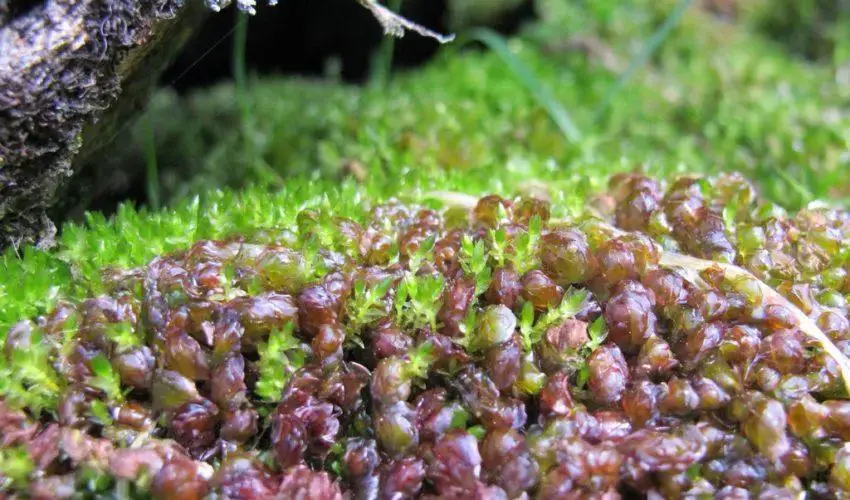
pohlia_ludwigii-850×500.jpg from: https://www.earth.com/plants/ludwigs-pohlia-moss-pohlia-ludwigii/
One of the remarkable adaptations of Pohlia ludwigii is its ability to survive periods of desiccation. When conditions become dry, the moss can enter a state of dormancy, curling its leaves inward to conserve moisture. Once water becomes available again, it quickly revives, showcasing its resilience and ability to thrive in challenging environments.
Case Studies/Examples
In a study conducted in the Pacific Northwest region of North America, researchers found Pohlia ludwigii to be a valuable indicator species for assessing the ecological health of riparian areas. Its presence or absence can provide insights into the quality of the habitat and the potential impacts of human activities or environmental disturbances.
Technical Table
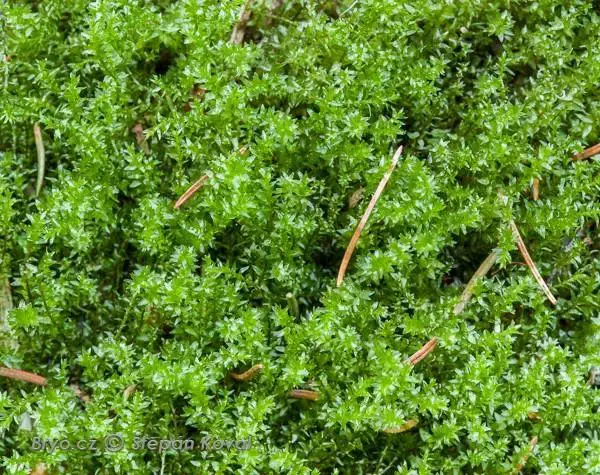
4299_Pohlia_ludwigii_2009_07_23_img_9224.jpg from: https://www.bryo.cz/index.php?p=mechorosty_foto&site=default&gallery=pohlia_ludwigii&id=4299
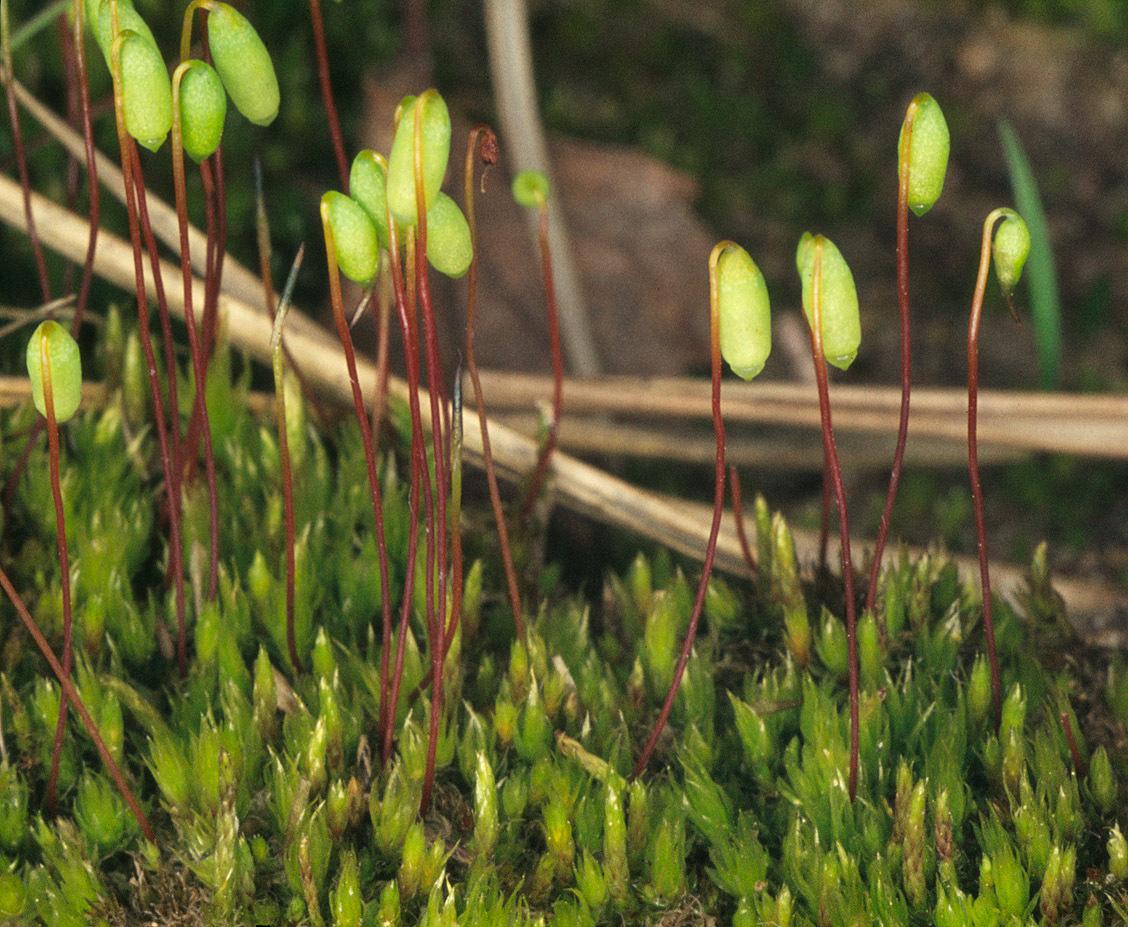
549.BI-image-53024.jpg from: https://eol.org/pages/883362
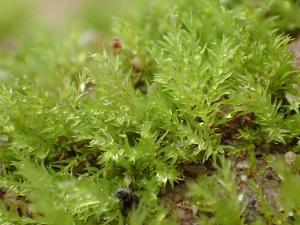
240399.jpg from: https://inpn.mnhn.fr/espece/listeEspeces/Pohlia?lg=fr
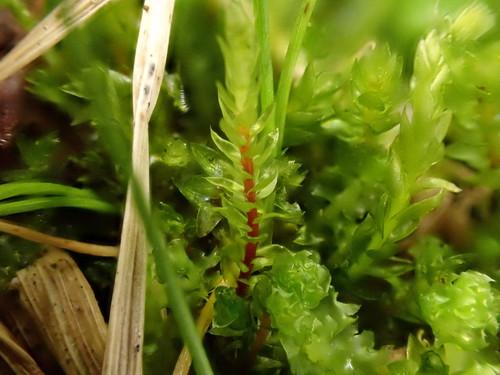
medium.jpeg from: https://www.naturalista.mx/taxa/167142-Pohlia-ludwigii
| Characteristic | Description |
|---|---|
| Phylum | Bryophyta |
| Class | Bryopsida |
| Order | Bryales |
| Family | Mniaceae
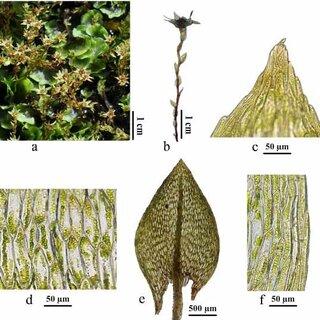 Pohlia-ludwigii-a-Habit-b-Shoot-c-Apex-d-Mid-leaf-cells-e-Leaf-f-Leaf-edge_Q320.jpg from: https://www.researchgate.net/figure/Pohlia-ludwigii-a-Habit-b-Shoot-c-Apex-d-Mid-leaf-cells-e-Leaf-f-Leaf-edge_fig1_300117741 |
| Genus | Pohlia |
| Species | Pohlia ludwigii (Spreng. ex Schwägr.) Broth. |
| Growth Form | Acrocarpous, cushion or tuft-forming |
| Leaf Shape | Lance-shaped, curling inward when dry |
| Capsule | Cylindrical, with a double peristome |
Conclusion
The Pohlia ludwigii (Spreng. ex Schwägr.) Broth.
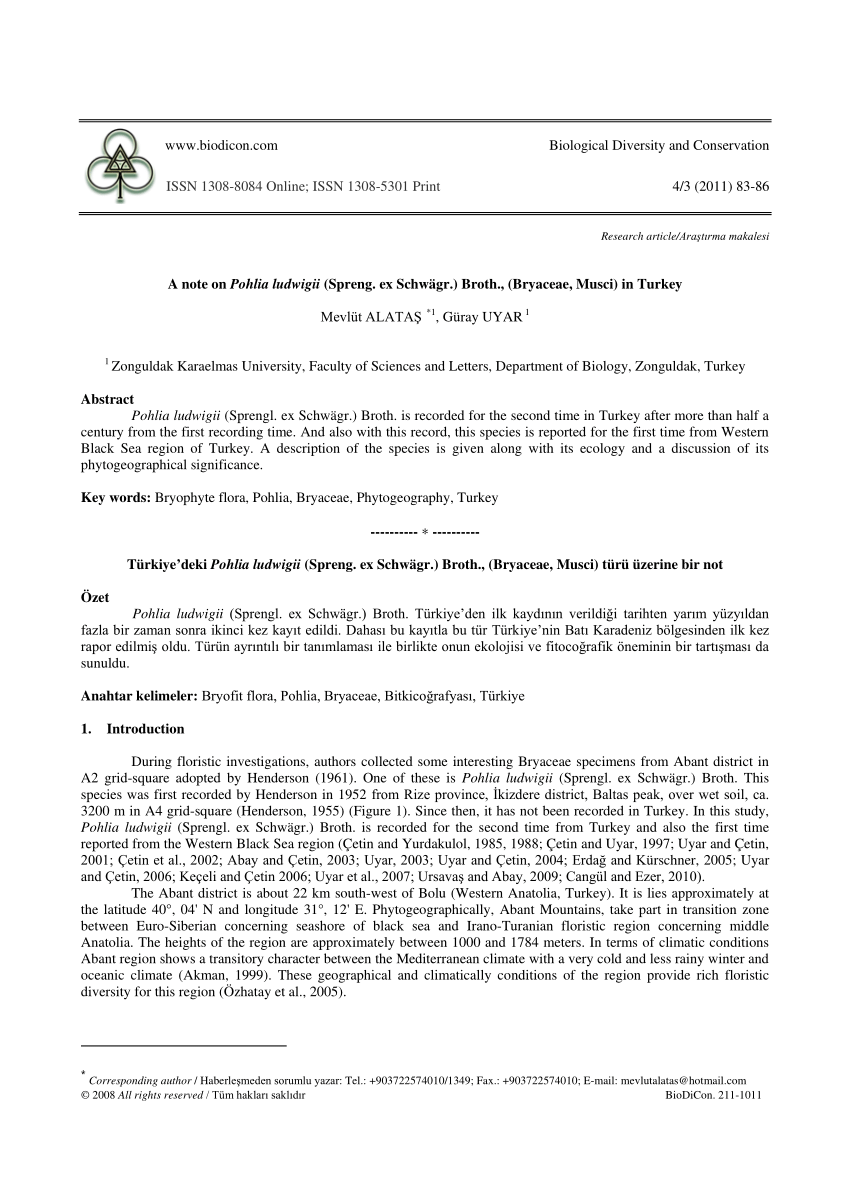
largepreview.png from: https://www.researchgate.net/publication/300117741_A_note_on_Pohlia_ludwigii_Spreng_ex_Schwagr_Broth_Bryaceae_Musci_in_Turkey
moss, a humble yet remarkable member of the Bryophyta phylum, serves as a testament to the incredible diversity and resilience of life on our planet. Its ability to thrive in various habitats, its ecological roles, and its adaptations to survive harsh conditions make it a true marvel of nature. As we continue to explore and appreciate the intricate tapestry of life, perhaps we can find inspiration in the perseverance and adaptability of this tiny moss, reminding us of the interconnectedness of all living beings and the importance of preserving the delicate balance of our ecosystems.
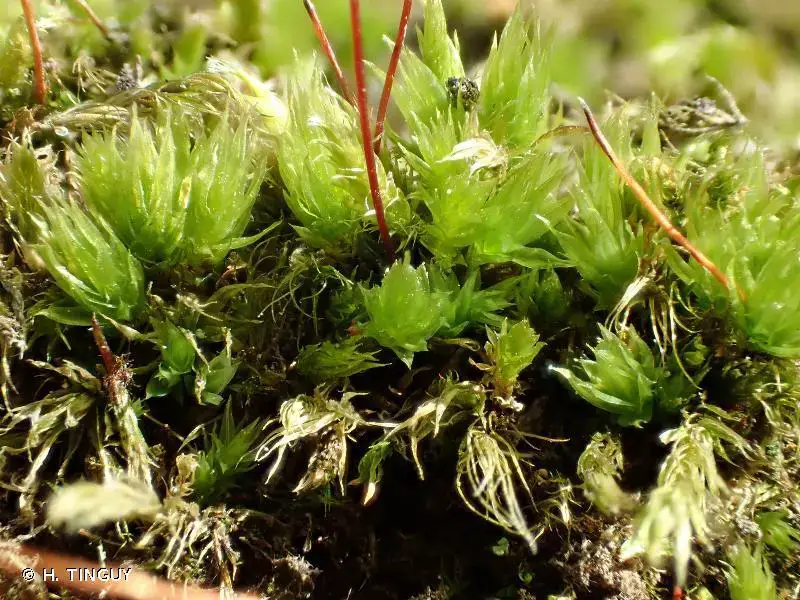
193777.jpg from: https://inpn.mnhn.fr/espece/cd_nom/4901/tab/fiche